 |
| September 28, 2021 |
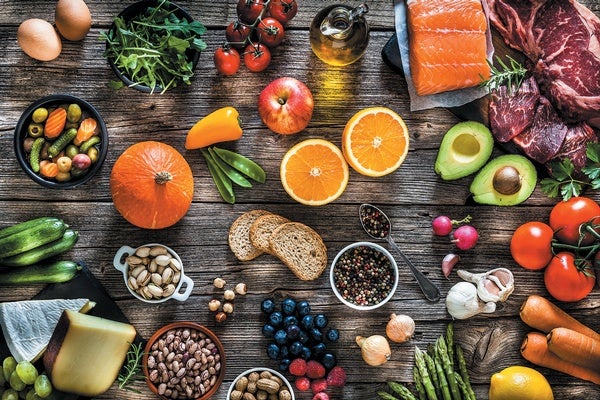 |
| |
| |
| Climate Change Earth Could Be Alien to Humans by 2500 Unless greenhouse gas emissions drop significantly, warming by 2500 will make the Amazon barren, Iowa tropical and India too hot to live in | | By Christopher Lyon,Alex Dunhill,Andrew P. Beckerman,Ariane Burke,Bethany Allen,Chris Smith,Daniel J. Hill,Erin Saupe,James McKay,Julien Riel-Salvatore,Lindsay C. Stringer,Rob Marchant,Tracy Aze,The Conversation US | | | |
| |
| |
| |
| |
| |
| |
| |
| |
| |
| Consciousness Death, Physics and Wishful Thinking Fear of mortality might underlie physicists' fondness for the anthropic principle, multiverses, superdeterminism and other shaky ideas | | | | |
FROM THE STORE
 | | | |
| |
FROM THE ARCHIVE
 | | | |
LATEST ISSUES
 |
| |
| Questions? Comments?  | |
| Download the Scientific American App |
| |
| |


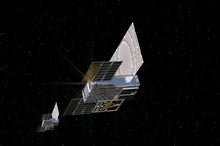

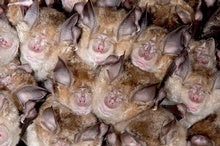
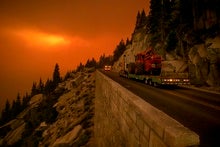
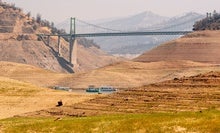
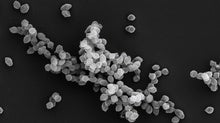
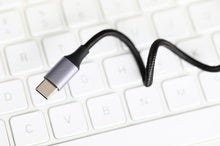
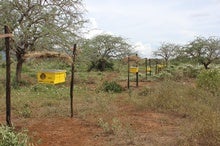
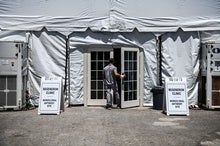
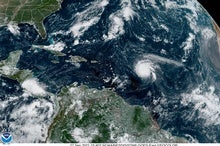
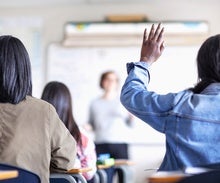

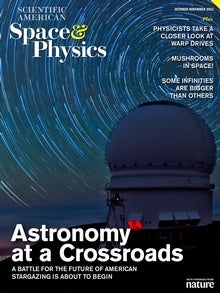



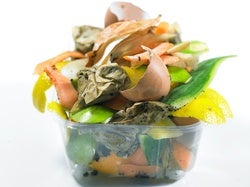
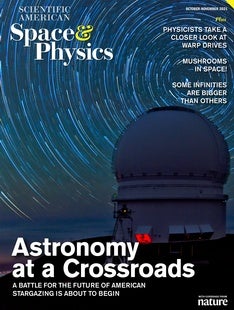

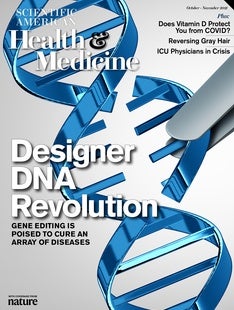
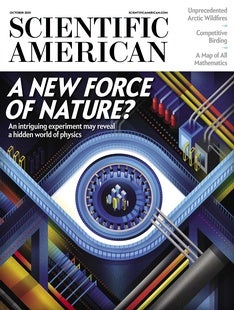
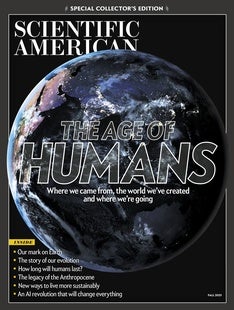



Comments
Post a Comment